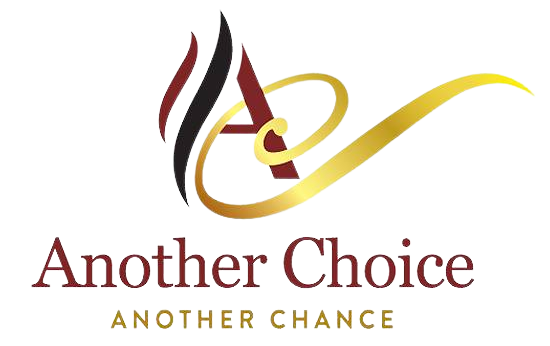Intensive Outpatient Drop-In Clinic

Transcend Your Challenges, Embrace Your Wellness
Since inception, Another Choice, Another Chance has been dedicated to meeting the needs of youth in our community. More than ever, we acknowledge the challenges and stressors facing our youth today. While daily stressors, trauma, difficulty with adjustment, and mental health symptoms can show-up differently depending on the individual, youth may be demonstrating changes in behavior that are not readily understood by their loved ones.
Our Transcend Program is designed to help. Transcend is an Intensive Outpatient Drop-In Clinic located at servicing youth (ages 12 – 24). We’ve created a youth-designated, safe and welcoming space specifically designed to provide support, resources, and a sense of community for young people throughout Sacramento County. Our center aims to create an inclusive and non-judgmental environment where youth can access various services and engage in activities that promote mental well-being. The following services are provided at our Drop-In Clinic:
- Mental Health and Substance Use Assessment and Treatment
- Mental Health and Substance Use education and resources
- Medication-Assisted Treatment screening and Narcan Distribution
- Youth Advisory Committee – Our very own YAC at ACAC is made up of brilliant youth leaders who develop lead youth-centered activities and discussion groups
- Access to Youth Advocates
- Case Management and Support Services
- Community Resources
- Enrichment Activities (i.e. arts and crafts, music therapy, dance classes, etc.)
- Zen Room – to practice meditation, journaling, other mindfulness techniques
- Mindfulness-Based games and applications
Signs of Addiction in Youth
Recognizing signs of addiction in youth can be crucial for early intervention and support. Addiction is a complex issue, and its signs may vary depending on the substance or behavior involved. Here are some common signs of addiction in youth:
Changes in Behavior
- Sudden and significant changes in behavior, such as increased secrecy or withdrawal from family and friends.
- Becoming more secretive about activities, possessions, or whereabouts.
Changes in Appearance
- Neglecting personal hygiene and grooming.
- Drastic changes in weight, either gaining or losing.
Mood Swings
- Frequent and severe mood swings, including irritability, agitation, and emotional instability.
- Unexplained changes in personality or attitude.
Isolation and Withdrawal
- Increasing social isolation and withdrawal from previously enjoyed activities and interests.
- Loss of interest in school, hobbies, or extracurricular activities.
Academic or Work Problems
- Decline in academic performance, including poor attendance, dropping grades, or a lack of motivation.
- Employment-related issues, such as absenteeism or poor job performance.
Financial Issues
- Frequent requests for money without a clear explanation of how it will be used.
- Stealing or selling personal belongings or valuables to support a habit.
Health Problems
- Unexplained physical symptoms or health issues, such as chronic headaches, nausea, or a weakened immune system.
- Neglecting self-care, leading to worsening health.
Loss of Control
- Inability to control substance use or behavior, despite negative consequences.
- Repeated unsuccessful attempts to quit or cut down on use.
Tolerance and Withdrawal Symptoms
- Developing a tolerance to the substance, requiring larger amounts to achieve the desired effect.
- Experiencing withdrawal symptoms when not using, such as anxiety, nausea, or tremors.
Legal and Behavioral Problems
- Getting into legal trouble, such as arrests, DUIs, or other legal consequences related to substance use.
- Engaging in risky or dangerous behaviors while under the influence.
Loss of Prior Interests and Values
- Abandoning previously held values, morals, or priorities to support the addiction.
- Choosing substance use or addictive behavior over important relationships or responsibilities.
Lack of Insight or Denial
- Denial of the addiction or the impact it has on their life.
- Avoiding discussions about their substance use or behavior.
Peer Influence
- Associating with a new peer group that encourages or supports substance use or addictive behaviors.
- Mimicking the behaviors of friends who are also struggling with addiction.
It’s important to note that the presence of one or more of these signs does not necessarily indicate addiction, as some behaviors can also be typical of adolescence. However, if you observe several of these signs persisting over time and interfering with the young person’s daily life, it may be indicative of a substance use disorder or behavioral addiction. If you suspect a young person is struggling with (or at risk of) substance use, please allow us to help.
For more information on our Transcend program, please call (916) 388-9418.
-
Clients learn from each other.
-
Clients can practice new interpersonal skills in group.
-
Clients hear a range of perspectives from the group members.
-
Clients learn problem-solving skills.
-
Clients develop a sense of community by giving and receiving peer support.
-
Clients have increased opportunity for validation.
SERVICES
News Letter
Sign up to receive the latest posts from us

